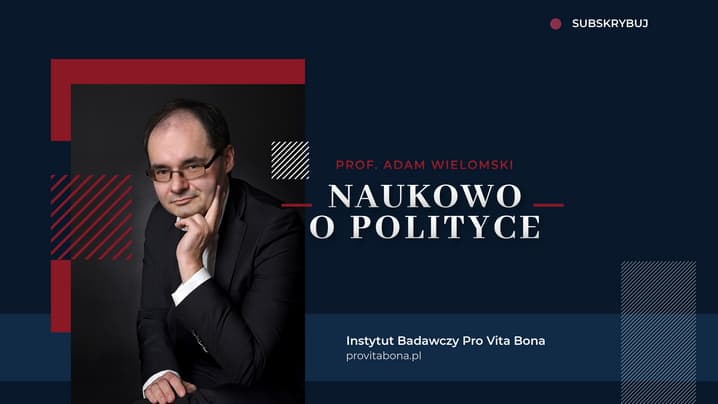The Canadian federal election of September 20, 2021, was another failure for the Conservative Party of Canada, despite Conservative leader Erin O’Toole’s attempted “move to the centre”. Now, the Conservative Party is consumed by a battle between pro- and anti- O’Toole factions. Looking back at history, the Conservative Party (called the Progressive Conservative party from 1942 to 2003) has largely failed to make an impact on Canadian society, politics, and culture, since the critical election loss of the staunch Tory John Diefenbaker to Liberal Lester B. Pearson, in 1963.
The Canadian Right will make little headway in the teeth of a hostile social, cultural, and political climate, unless it endeavours to give encouragement to the creation of some kind of infrastructures where more intellectual explorations of right-wing ideas and philosophies can take place in Canada.
What is especially needed in Canada for conservatives is a broadly right-of-centre magazine which could serve a mobilizing, galvanizing role similar to the early years of National Review in the United States. Perhaps Candice Malcolm’s True North Canada initiative could grow to include a monthly print magazine.

There is also desperately needed an academic outreach body along the lines of the Intercollegiate Studies Institute in the United States (which publishes scholarly quarterlies and books, as well as offering substantial scholarships). The ISI embodies a very reflective and serious conservatism that moves far beyond day-to-day policy issues and merely fiscal and economic conservatism (while not being explicitly tied to any one religion or denomination). Perhaps the Canadian social conservative think-tank Cardus could eventually evolve into serving a similar role in Canada.
Today in Canada, there are numerous, left-wing, extra-parliamentary infrastructures, whose funding (most of which comes from the federal government) outweighs that of putatively right-wing infrastructures such as the National Citizens’ Coalition and the Fraser Institute (who rely strictly on private donations — and are almost entirely focussed on economic and fiscal issues) by astronomical factors. The effectiveness of these left-wing infrastructures has contributed to the huge intellectual influence of the New Democratic Party (Canada’s social democratic party) particularly on the Liberal Party. It may be remembered that long-time Liberal Prime Minister Pierre Elliott Trudeau was a former NDP member, and some have indeed suggested that he „hijacked” a somewhat more traditionalist and centrist Liberal Party and moved it in a radical direction. The extent to which large numbers of persons in Canadian society (especially in the intellectual classes) are utterly captivated by and beholden to ideas of left-wing provenance cannot be overestimated. It could be argued that it is only the building up of infrastructures of a serious intellectual Right in Canada that could make a difference in this regard.
The current-day Canadian situation — of near-total left-liberal intellectual hegemony, of very little authentic academic or journalistic debate, and of little hope that a substantively conservative party will ever unseat the Liberals at the federal level — cannot be described as offering prospects for a truly humane future for Canada. There is certainly no intellectual balancing of Left and Right, and very little possibility of alternation at the federal level between left-leaning and substantively conservative parties, in Canada today. A Conservative electoral triumph – should it ever occur in such a difficult environment – is likely to be overwhelmed by ferocious infrastructural opposition – much in the same way that Brian Mulroney’s huge majority in 1984 was sandbagged. Should they ever form the government again, the CPC must promote an ambitious legislative agenda, trying to challenge almost six decades of relentless left-liberal victories. It could be argued that the ongoing, decades-long, “prior constraint” against the so-called Centre-Right Opposition coming to or ever exercising any meaningful degree of power in Canada – fundamentally contradicts Canada’s parliamentary and democratic ideals, as well as betraying its history.
Mark Wegierski



